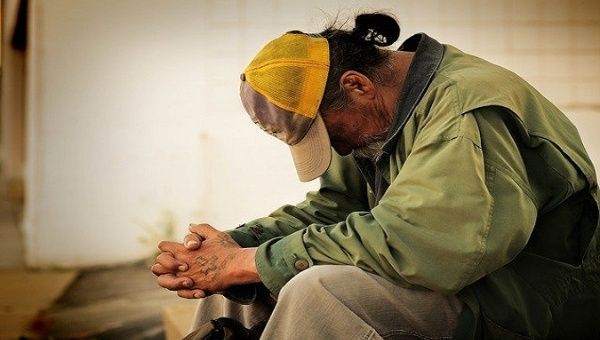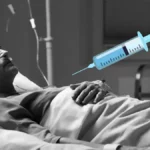Blog Post
Canadian academics propose euthanasia for poor people
By Jonathon Van Maren
As support for assisted suicide in Canada climbs despite an excruciating series of stories reporting that the poor and disabled are opting for lethal injections out of pure desperation, we are witnessing the emergence of a truly post-Christian culture. As a headline in the U.K. magazine The Spectator asked last year: “Why is Canada euthanising the poor?” The response from some bio-ethicists appears to be: Well, why not?
In fact, a new paper by two bioethicists at the University of Toronto makes the case that euthanizing the poor should be socially acceptable. Kayla Wiebe, a PhD candidate in philosophy, and bioethicist Amy Mullin, a philosophy professor, wrote in the Journal of Medical Ethics that:
To force people who are already in unjust social circumstances to have to wait until those social circumstances improve, or for the possibility of public charity but unreliably occurs when particularly distressing cases become public, is unacceptable. A harm reduction approach acknowledges that the recommended solution is necessarily an imperfect one: a ‘lesser evil’ between two or more less than ideal options.
The horror stories of Canadians seeking assisted suicide because they cannot get the social assistance they need are “worst-case scenarios,” the bioethicists write. “One way of responding to these cases is, ‘Well, clearly then, medical aid in dying should not be available to them,’” Mullin said in an interview. “We just don’t think the fact that social conditions are contributing to make their lives intolerable means that they don’t have the wherewithal to make that choice. People can make their own determination about whether their lives are worth living, and we should respect that.”
Wiebe and Mullin reject the idea that the circumstances driving Canadians to suicide are coercive, and that refusing to kill them upon request “amounts to perpetuating their suffering, hoping that this will ultimately lead to a better, more ‘just’ world.” In their view, the best “harm reduction approach” would mean that “the least harmful way forward is to allow MAiD to be available.”
We are seeing what happens when we redefine words; when suicide and lethal injections can be considered “medical aid” or healthcare at all — bioethicists can write that suicide is “harm reduction” and that offering suicide to those with intolerable social conditions is “the least harmful way forward.” According to Wiebe: “All options on the table are really tragic and said. But the least harmful way forward is to allow people who are competent to make decisions to have access to this choice, even if it’s a terrible one.”
READ THE REST OF THIS COLUMN HERE








